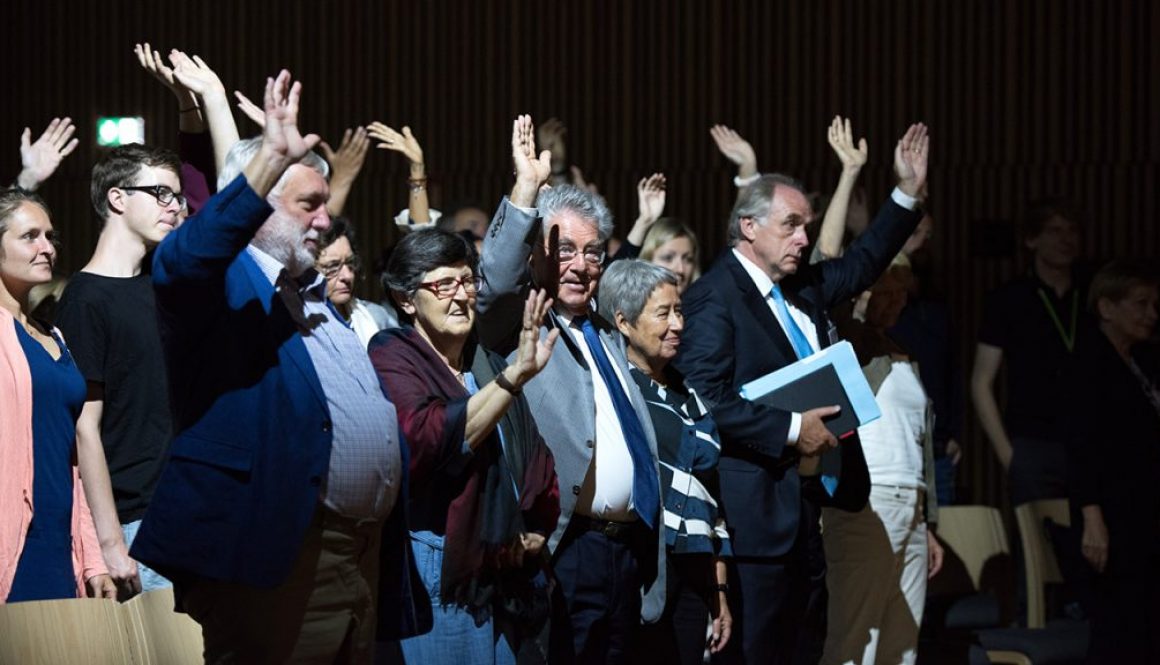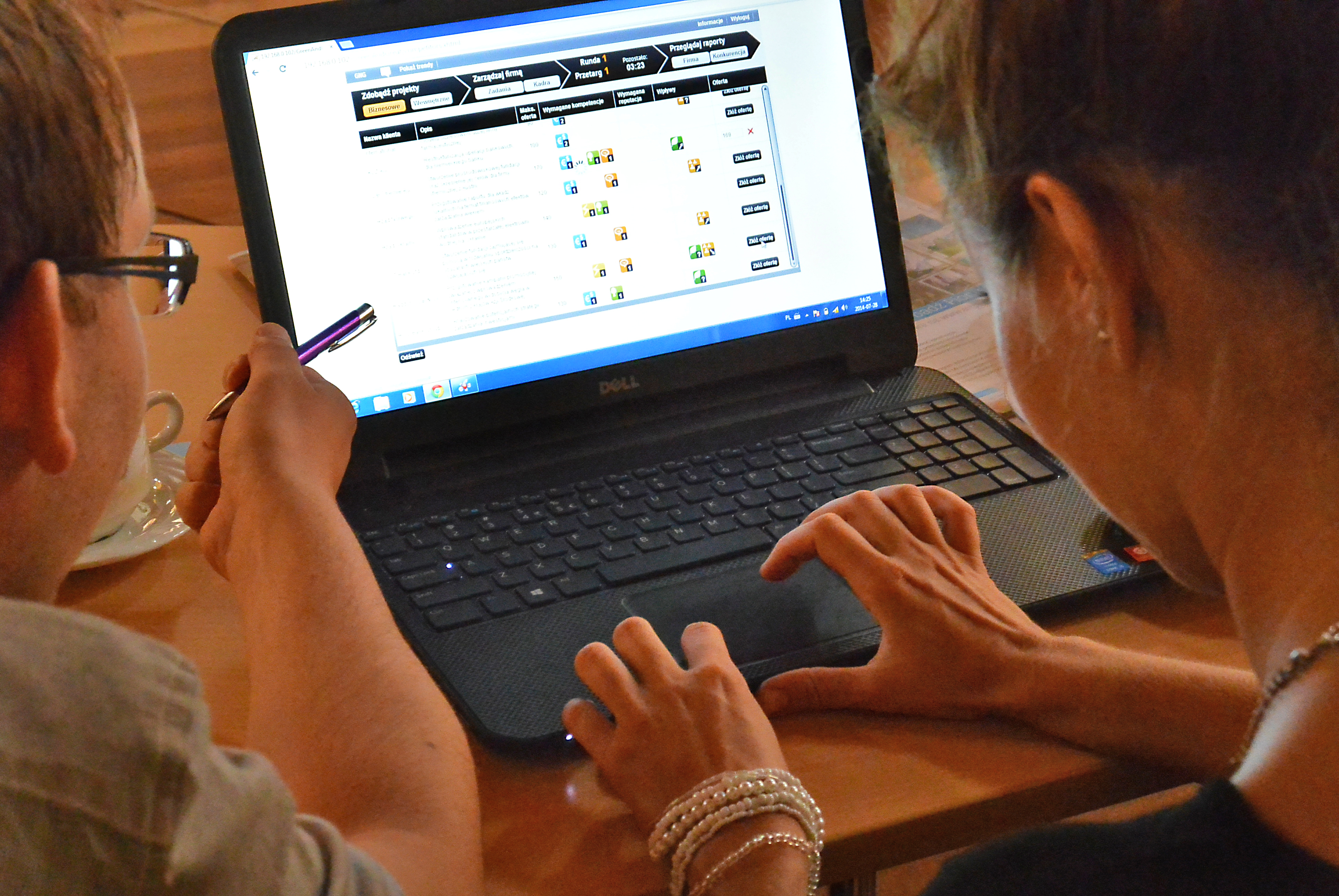
Aleksandra Solińska-Nowak
15 min read
04.05.2018
THE ALPBACH STORY: CENTRE FOR SYSTEMS SOLUTIONS’ SIMULATIONS IN THE VILLAGE OF THINKERS
TOWARDS THE UNITED EUROPE
In 1945 the Second World War was coming to an end. By this time European thinkers, politicians and scientists were seeking for efficient ways to ensure a complete reconstruction of intellectual life in Europe and to prevent future massive conflicts among European nations. In August 1945 the “Internationale Hochschulwochen” (The International Summer Seminars) were established by Otto Molden, who had been active in the resistance movement during the Second World War, and a philosophy lecturer, Simon Moser. The initiative was created as “an intellectual platform of discussion where Europe’s cultural, scientific and humanitarian heritage could be developed in a future-oriented way and where European integration could be promoted.”
THE VILLAGE OF THINKERS
The endeavor (renamed to “European Forum Alpbach” in 1949) soon gained considerable recognition among the intellectuals interested in political unification in Europe. Over 70 years later, the Tyrolean mountain village of Alpbach remains the “other magic mountain”, gathering 5000 participants from over 100 countries every year. For three weeks they participate in seminars, symposia and debates and discuss current issues, exchange knowledge and formulate interdisciplinary solutions. “The open character of the events promotes a climate of tolerance for different opinions and contributes to overcoming national, ideological and disciplinary boundaries in a peaceful manner.”
ALWAYS UP-TO DATE
Each year the programme of the European Forum Alpbach is focused around a selected European challenge, aiming to trigger reflection and more coherent action towards an economically, politically and socially stable future. The rich schedule embraces seminars and symposia and is addressed to international and interdisciplinary decision makers from science, health, higher education, law, technology, politics, economy, built environment, financial markets, culture, art, and civil society, as well as to students and university graduates, who can participate in the Alpbach Summer Schools.
CENTRE FOR SYSTEMS SOLUTIONS AT EUROPEAN FORUM ALPBACH
The organizers do not hesitate to invite speakers, lecturers and facilitators from all over the world, who – in the course of time – create a diversified yet bound by a common mission network of partners. Since 2014 the Centre for Systems Solutions (in cooperation with International Institute for Applied Systems Analysis) has its share in this process. From that time on, the multinational and multicultural participants of the European Forum Alpbach have been engaged in our social simulations, playing, i.a., Forest@Risk, Bengaluru Quest or The World’s Future through which they explored the difficult task of making decisions under certainty, managing common pool resources, addressing social and environmental problems and transforming towards sustainability. Combining the elements of scenario building, role-playing and game-like mechanisms, the social simulations at Alpbach offered a perfect complement to lively and fruitful plenary discussions or seminars.
In 2017, Piotr Magnuszewski had also a unique opportunity to co-create a beautiful dance performance based on the game theory and led by Gloria Benedikt from IIASA. As part of the the closing plenary session “Transformative pathways to sustainability: from perception to changing behavior” of the Alpbach Political Symposium, InDilemmaperformance touched on inequalities, shrinking resources and living space, enabling audience to actively affect the moves of the dancers. “By creating a narrative around an abstract theory, using music, dance, and visuals with narrated text,…[InDilemma provided] insights into the power of fusing artistic and scientific processes in order to strengthen this competence as well as into the potential of actively engaging audiences to understand and support the complex decision making involved in working to achieve sustainability.”


